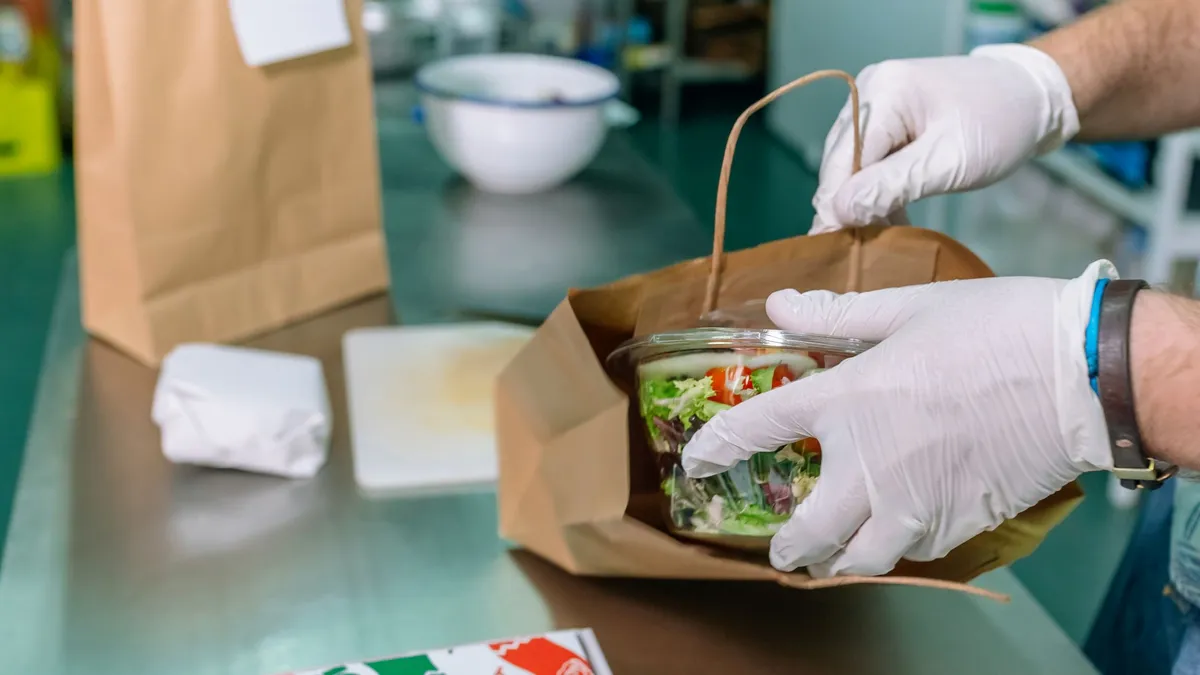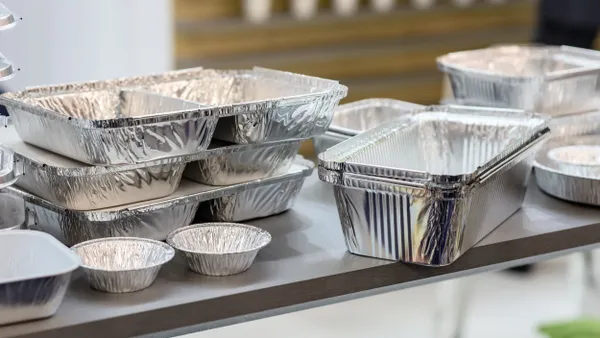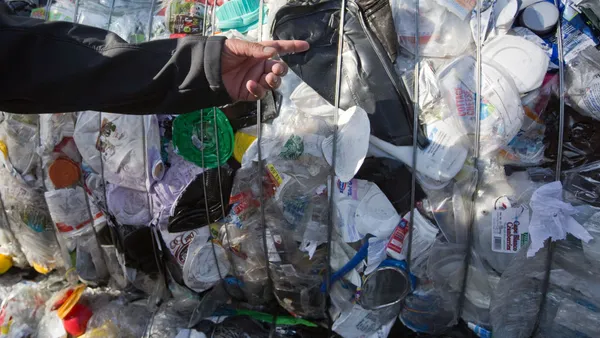Only four states — California, Colorado, Maine and Oregon — have so far enacted extended producer responsibility for packaging programs, but conversations about the practice in the United States abound given adoption is expected to accelerate. Such regulation will affect chemical recycling, but players across the industrial and regulatory chains are trying to gauge exactly how the new field fits into the EPR puzzle, considering both concepts are early in their maturation process, according to speakers at the inaugural Advanced Recycling Summit in Chicago last week.
“Within the context of EPR, you can see we’re still all over the place,” said Dan Felton, executive director at Ameripen. “It’s complicated. We don’t have uniformity.”
Some of the issue stems from ongoing disagreement over whether chemical, or advanced, recycling should or should not be considered “recycling” in the same way as mechanical recycling. Felton said California legislation is unclear on whether chemical recycling counts toward EPR requirements whereas Oregon allows it and Colorado is silent on it. He noted that other states in the process of establishing forms of EPR for packaging are considering chemical recycling’s role. Ameripen doesn’t have an official stance on chemical recycling but believes “it’s a tool in the toolbox. It’s got to be there,” Felton said. “It will not replace mechanical recycling. Our belief is the two can co-exist.”
He reiterated study findings that Ameripen and the Association for Packaging and Processing Technologies released earlier this year showing plastic packaging markets are projected to continue growing, and advanced recycling is one of the options for better plastics management.
Craig Cookson, senior director of plastics sustainability at the American Chemistry Council, concurred and said, “We are going to continue to have plastics in the marketplace ... so then it’s important to [talk about] what we do after we’ve used those plastics.” Advanced recycling is an “important value proposition in our modern society” to help lower carbon footprints and secure more recycled content from currently untapped hard-to-recycle plastic streams, such as flexible packaging, he said.
No federal EPR for packaging has passed, although Congress is looking into it, speakers said. ACC was instrumental in establishing a federal proposal, 5 Actions for Sustainable Change, calling for actions such as developing national recycling standards for plastics and establishing an American-designed EPR system (as opposed to simply adopting another country’s rules). Noting differences within local communities’ recycling practices, Cookson said that “with plastics, it gets very confusing very quickly” and a national standard would help. “Consumers are confused. So we have to make sure they know what to recycle, how to recycle and have access to recycling,” he added.
Cookson explained that a benefit of EPR programs is the possibility of boosting plastics recovery, thus generating additional feedstock. Recyclers frequently cite supply as a leading challenge with getting more recycled content into packaging to meet brands’ goals.
“We support extended producer responsibility as an important tool to help build the supply of plastic so the entire supply chain can become more circular,” Cookson said. Even so, ACC has concerns about “legislation in states like New York or other states — Massachusetts, Rhode Island where they are trying to not allow advanced recycling to count ... It’s very short-sighted, so we’re going to keep making sure that lawmakers recognize that.”
All conference speakers who referenced EPR for packaging predicted more legislation coming down the pike, at least at the state level. For example, Felton noted that by the end of 2021, 16 bills that addressed some form of packaging EPR had been introduced in 10 states and today “we’ve got a whole host of other states taking a look at it.” Chemical recyclers therefore are encouraged to get involved early in the legislative process to inform lawmakers’ decision, including through submitting comments to spread knowledge of advanced recycling and alleviate misinformation, speakers said.
“I would guess in the next few years, we'll have two more states with EPR laws passed — I'm going to guess Washington state and New York state, but hey, I could be wrong,” Felton said. “This is only going to continue. We’re not done with this coming at us in the United States.”















